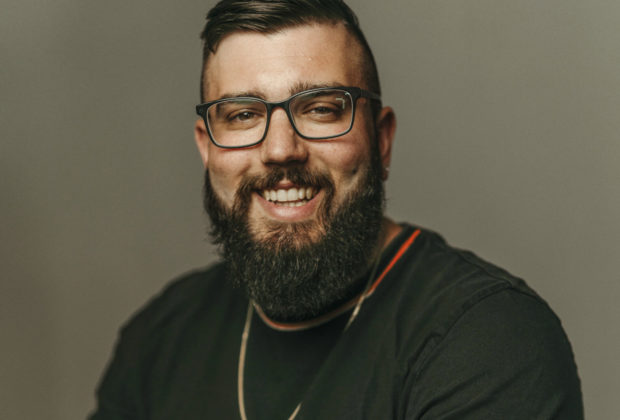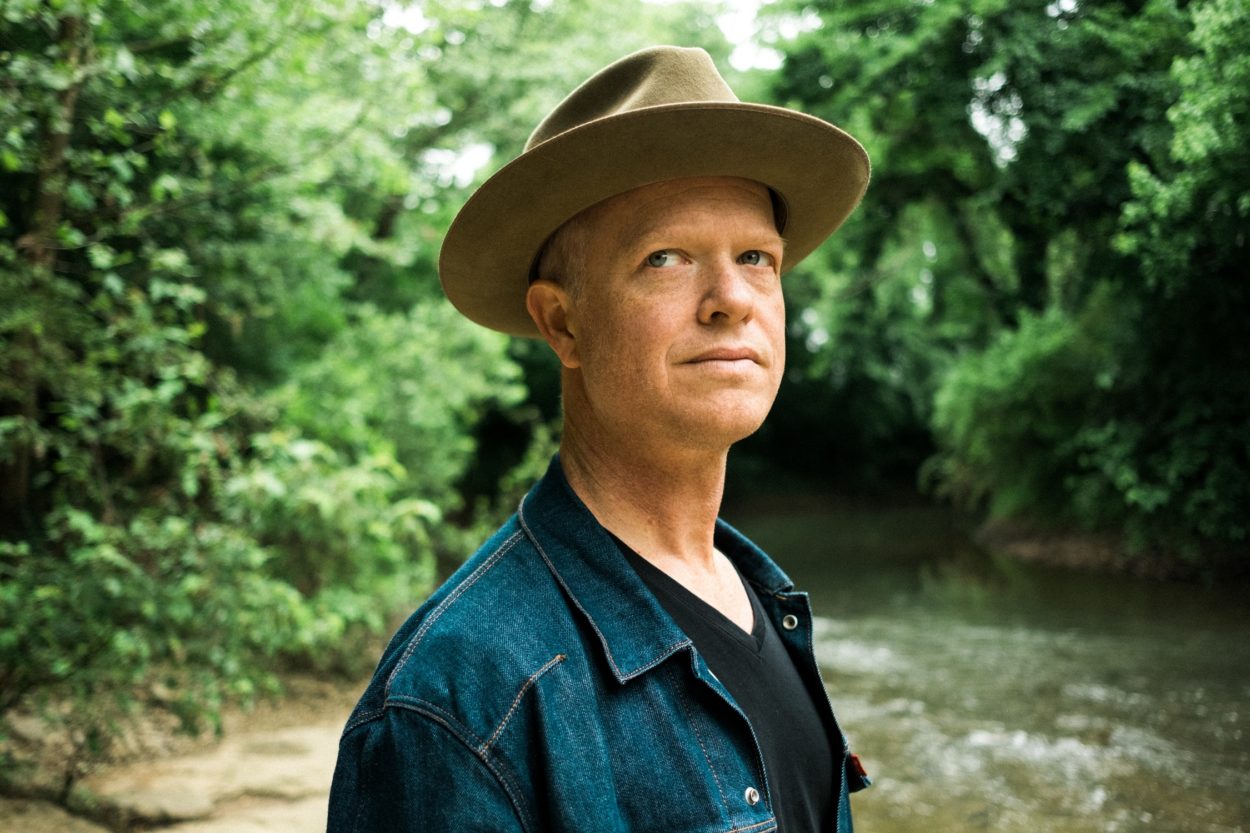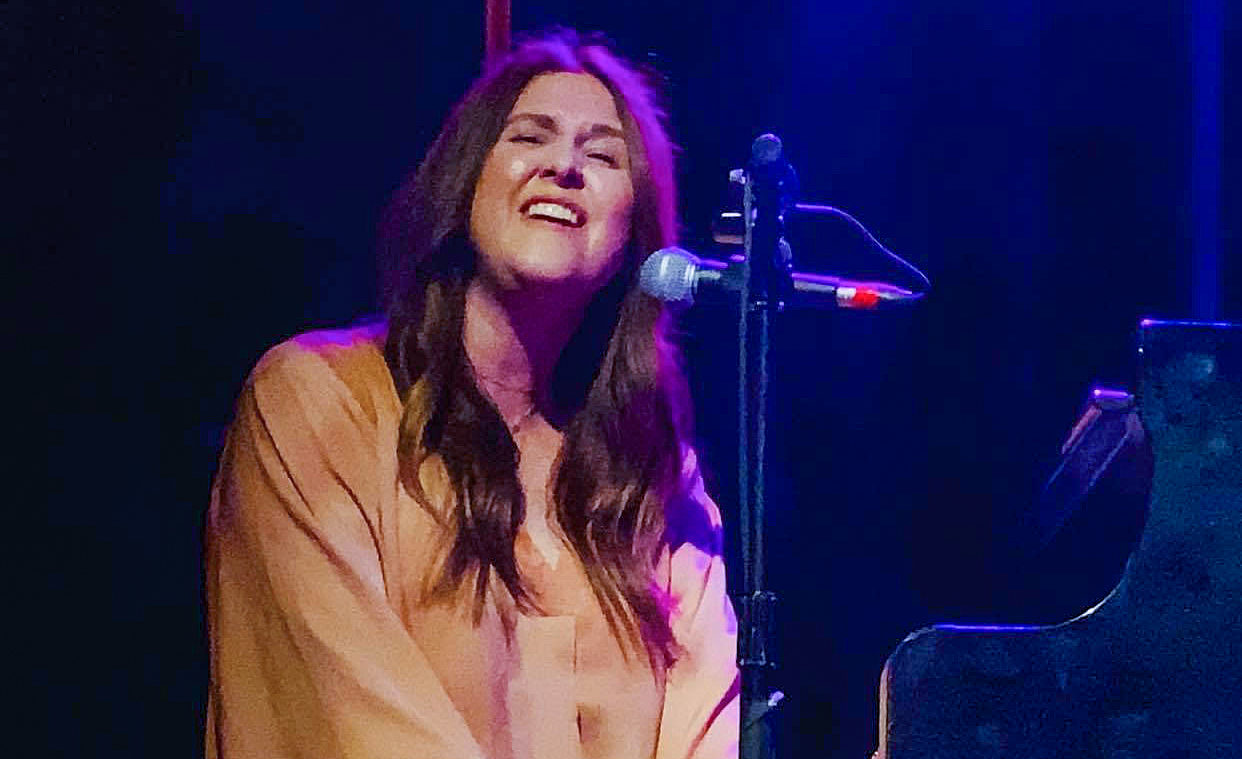Sam Saideman
Co-Founder and CEO
Innovo Management, LLC
Years with Company: 8
Address: 100 Taylor St., Unit A19, Nashville, TN 37208
Web: innovomanagement.com
Email: [email protected]
Clients: Musicians: Sammy Adams, Yonas, danny G; Influencers: Naomi Arbide, Marley Arnold, Zach Ury, danny G, Blake Thompson
BACKGROUND
Getting burned in a record deal was a seminal moment for Sam Saideman. Later, he discovered the business side of the industry, and this experience informed his choices. His company, which started with artist management, has since expanded to include social media influencers, project management, and brand marketing.
Hip-Hop Dropped
In New York in the early 2000s, hip-hop was prevalent. I started freestyling with friends and writing music. I went to college for a semester and was releasing records, then dropped out to come home and focus on [music] full-time. I put out a full-length concept album and was approached by this independent label in Philadelphia. I didn’t know anything about the industry. I did my due diligence, as much as an 18-year-old with no money can, and signed. I put together a second album, so they had a fresh record, and the money never came. I consulted attorneys and was told, “You’re owed this money, but you could be in court for two or three years.”
By that point, I was moving on with my career. I was sharpening my general business background, doing door-to-door sales, social media marketing, real estate investing… [I had this] ah-ha moment where I realized there was a business side to the music industry.
Knowing You
I don’t sign [a client] until I have significant conversations with them. We build a working relationship prior to any contracting or negotiations. I do my due diligence, because it’s a partnership. I try to gauge how they handle conflict, how they handle money
The Manager’s Role
We’re a small team, so we’re not constantly signing musicians. Every so often, a pitch catches my eye, either because they already have parts of a team going or they have built-in revenue. There’s a common misconception that an artist of any size should have a manager. If there’s not yet a career to manage, there shouldn’t be one on board. Or they should work with a manager who’s at the same position as that artist.
Project Management
We have to see viability in the music. It’s pretty rare that we turn campaigns down, but when we do it’s because we know certain sounds aren’t going to translate with our network. And we don’t want to take on projects we can’t be sure are going to be successful. As a small business, we’re hesitant to take projects that we’re not 100% sure on. And we have to like the music.
New Project, Old Project
One of our favorite things is when a small artist has a significant budget. We can kind of shape the narrative and build a campaign that’s impactful. They trust us, listen to us, and allow us to do that.
There’s nothing more frustrating than when we work a big project, the team’s been in the game 30 years, and they don’t want to do things certain ways, be scrappy, or take risks. A lot of these more traditional teams don’t want to risk spending money in places like TikTok. There are also great things about working with those teams, but there is beauty in working with an artist who is willing to let us lead the charge.
Hourly Consultations
We saw artists being steered in the wrong direction with certain things. [There was] a lack of information with certain topics, like publishing. Synch licensing is confusing for artists if they have no relationships in that space. And YouTube University only gets you so far. We find consultations are a great way to realign visions and goals. Sometimes, we even open doors if it’s something that’s not going to risk our reputation.
My favorite thing about hourly consults is when someone hires us for a significant batch. We’re essentially coming in as a paid consultant. Not every artist’s goals are the same. Some want to tour regularly. Some want to build publishing income. Some want to be the next big thing. And there’s everything in between. It’s helping them put clear, tangible goals in place.
Influencer Management
We hired a couple of influencer marketing agencies to promote some of our music management clients and watched them mess up. We watched them choose the wrong creators, create the wrong narratives, not review content, use the wrong hashtags, tag the wrong artists… Tons of mistakes. We realized we could implement the same music-first mentality to influencers. We can just pivot to widen the mission from “put the music first” to “put the art first.”
You could spend your whole life planning, but you’ll miss your mark if you don’t jump in. So, we jumped in. We started reaching out to creators and pitched them on being early movers with us rather than going to a company where they’d be one of 1,000 creators.
Brand Marketing
We launched another division within the influencer sphere—brand marketing. A couple different agencies and brands started saying, “You guys are easy to work with. Could you get us more creators?” So, we started finding creators that fit the brands’ parameters and contracting influencers. We’ve worked with some household names and probably activated over 1,000 influencers. It’s awesome to put income in people’s pockets from nontraditional methods.
Key Performance Indicators
A large part of what we do is making sure the KPIs of a campaign are aligned with what we know. Sometimes, we get approached by brands and they’re like, “We have a $10,000 budget and our KPIs are 3,000 influencers.” And it’s like, “That’s not how the space works. Let’s educate you on why and then see if we’re still a fit once those expectations are managed.”
Oftentimes, they haven’t worked in the space. They’re guessing. Realigning usually works. But every so often, we get a brand or artist that doesn’t see it the same. We don’t touch those campaigns, because the ones where their expectations are different never end well.
Overlapping Clients
Our managed influencers also take part in the brand marketing campaigns. If we’re doing a Tupperware campaign and we manage an influencer who does cooking videos, we naturally migrate that influencer into that campaign. And we don’t commission it the way we commission usual campaigns. We don’t double dip, because that goes against everything we believe.
I’ve been working with danny G since he put out music under a different name. He hired us on the project management side. I was helping him book bigger features and a bunch of stuff, almost like an interim manager. And it went so well we transitioned to a traditional music management deal. Since TikTok launched, he built almost a million followers on the platform. Now, he’s included in our brand marketing campaigns and our influencer management roster list, and I manage his music career. It wasn’t plotted or planned. It just happened.•














